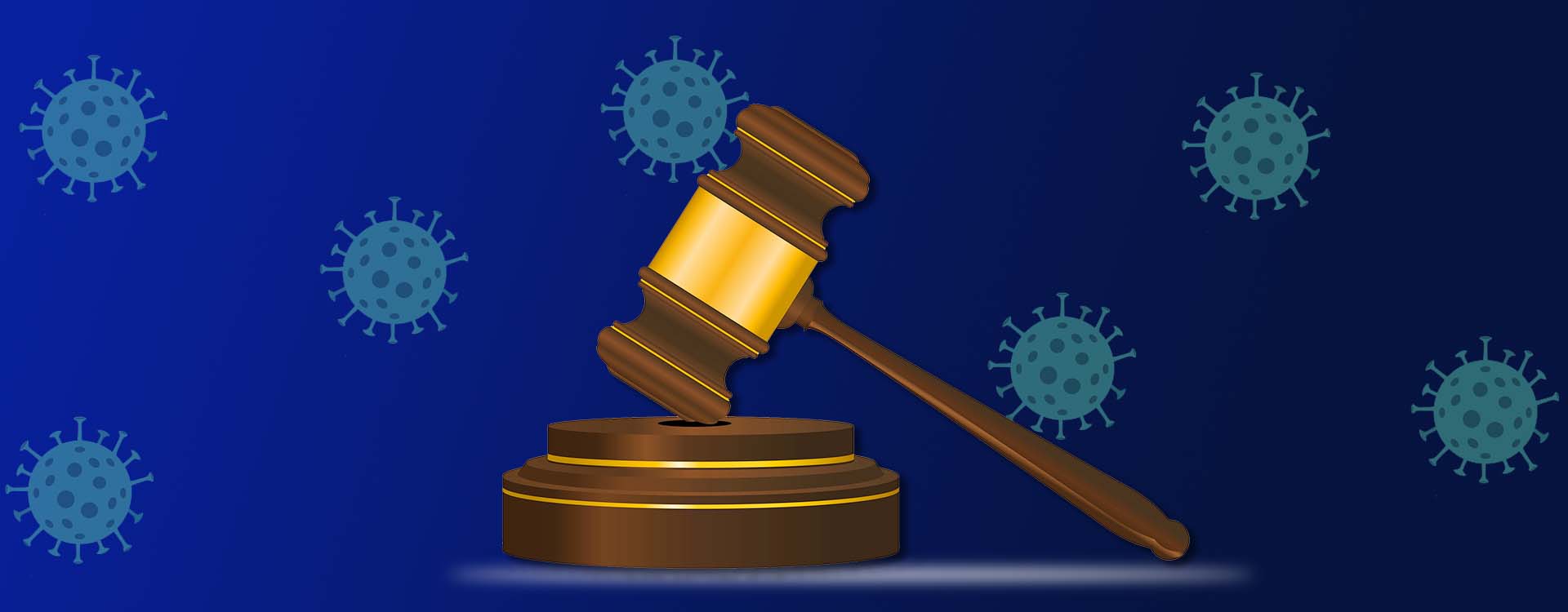Epidemic Diseases Act, 1897/Epidemic Act was invoked by various States/Union Territories (UT) following the Pandemic in March 2020. But, it was followed by Amendments – being the need of the hour.
Epidemic Act: What it constitutes?
The Act came into existence to tackle bubonic plague in Mumbai during British India in 1897. The law was enforced in the past to contain several diseases like Swine Flu, Malaria and Dengue and Cholera as the ordinary acts were not sufficient to take the appropriate action. And the law continues to provide special powers under its provisions to the central and state government to implement containment measures at the time of spread of the disease/epidemic.
Epidemic Act: What are the Legal Provisions?
The Epidemic Act is the shortest act in India and has four sections. The legal provisions include:
Power to States/UT
As per Section 2 of the Act, the government has special provisions/measures to propose regulations to contain the spread of the epidemic disease.
Power to Central Government
Section 2A empowers the government to take measures/pass any regulation for the inspection of any ship/vessel arriving/leaving India at the time of outbreak of any disease/epidemic and detain any person with the intention to sail therein.
Penalty
Section 3 of the Act states, any person who disobeys an order or whose actions may harm human life and raises safety concerns shall be punished with imprisonment and fine as per section 188 of Indian Penal Code (IPC).
Protection to People
Section 4 of the act states, “No Suit/legal proceeding shall lie against any person for anything done or intended to be done in good faith.”
2020 Amendment: Why was it important?
The act provisions helped to manage Covid-19 but, to an extent. More than 123 years old, the Epidemic Act demanded modifications for many reasons specially to protect the incidents of violence being witnessed against the health care workers across the nation while they performed their duties during the Pandemic.
In 2020, the Central Government announced, ‘The Epidemic Diseases (Amendment) Ordinance 2020’, to change the act/to add provisions to punish whosoever conducts an ‘act of violence’ (harm/injury/hurt/intimidation/danger) against the health care workers – Doctors/Nurses/Paramedics/Accredited Social Health Activists (ASHA workers) etc. or obstructs them to perform their duties within the clinical premises or otherwise serving during the pandemic or any loss/damage to the property (hospitals/mobile medical units) or documents in their possession. The act recognizes these activities as a cognizable and non-bailable offence. Hence, anyone found guilty shall be imprisoned up to a period of 7 years with heavy fine and the investigation matter for such cases shall be conducted in a time-bound manner.
‘‘
More than 123 years old, Epidemic Diseases Act, 1897 demanded modification to protect the frequent incidents of violence being witnessed against the health care workers across the nation while they performed their duties during the Pandemic.
Epidemic Impact: What should you understand?
Covid-19 affected various sectors specifically, health, education and personal life. The Micro Small Medium Enterprise (MSME) sector saw the worst impact due to the lockdown. With the second wave of pandemic, the situation does not seem to get normal anytime soon resulting in the reintroduction of lockdown in many states/UTs and slowdown of the economy. The adversity is a big learning, particularly for MSMEs so they must focus on new avenues/innovate something that supports themselves and meet the evolving market needs to ensure their and nation’s economy wheel continues to move further even at the time of national crisis.




